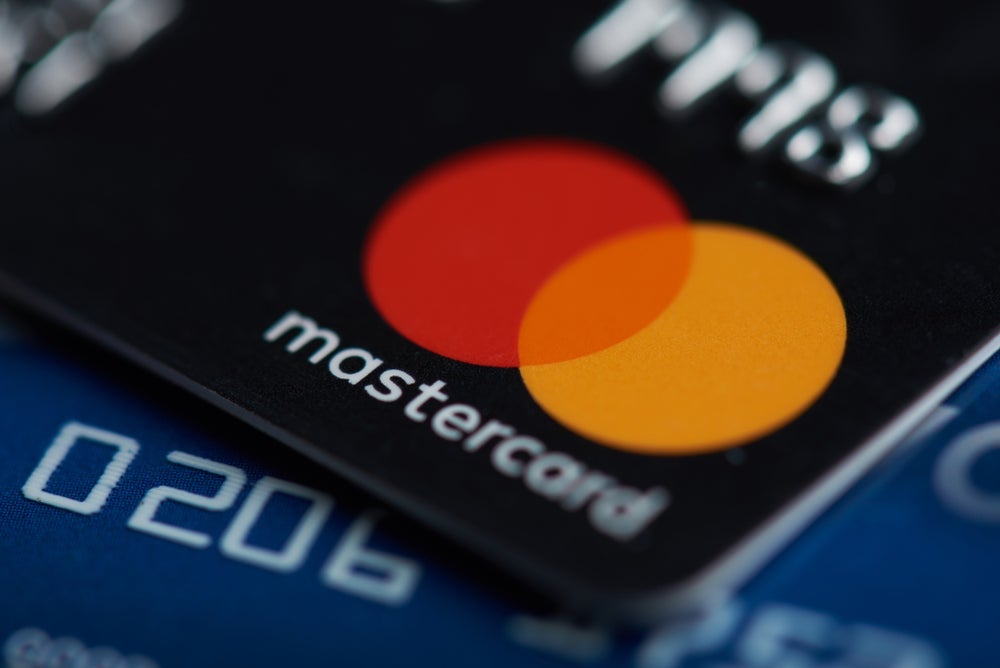The Second Electronic Money
Directive (2EMD) requires all EU member states to implement the new
regulations on 30 April. In the first in a series of reports,
Robert Courtneidge of international law firm Salans gives an
overview of the directive and spells out the main
changes.
 Overall, the Second
Overall, the Second
Electronic Money Directive (2EMD), while it has been a long time
coming, has its aims right.
The various consultations that took
place over past 10 years on the current EMD, drawn out many of the
inadequacies of the existing law and 2EMD has been brought in to
remedy them – although, of course, any drafting process that
requires a consensus of many countries with different traditions
and banking practices will always have some compromises in it.
One clear area for change was the
high bar of €1m ($1.36m) initial capital that had stifled the
taking up of electronic money issuers licences in Europe. The
lowering of the initial capital requirement to €350,000 is
therefore hoped and expected to lead to a flood of new
applications.
In addition, the market was further
stifled by the fact that many gift card programmes, which were
never intended to be regulated, became caught by the definition of
e-money. Basically, if a gift card is issued and can be redeemed
against a different legal entity to the one that issued it, then it
is e-money.
How well do you really know your competitors?
Access the most comprehensive Company Profiles on the market, powered by GlobalData. Save hours of research. Gain competitive edge.

Thank you!
Your download email will arrive shortly
Not ready to buy yet? Download a free sample
We are confident about the unique quality of our Company Profiles. However, we want you to make the most beneficial decision for your business, so we offer a free sample that you can download by submitting the below form
By GlobalDataThis catches out franchise
operations like pizza parlours, coffee bars and fast food chains
where loyalty cards were an obvious opportunity (taking away the
clumsy paper and stamp set ups) as well as retailers with
concessions and those with a group company structure.
As a consequence many of the
programmes that would have opened in this space never saw the light
of day because the costs associated with launching a full e-money
product were far in excess of the likely returns.
Exemption
Under 2EMD, the regulators have
created the limited network or limited goods and services exemption
for exactly this purpose.
 Under this, provided the prepaid product can only be
Under this, provided the prepaid product can only be
used to acquire goods or services and it is “under a commercial
agreement with the electronic money issuer, either within a limited
network of service providers or for a limited range of goods or
services” then it is excluded from regulation.
On the downside, however, 2EMD has
brought in a regulation that says e-money must be able to be
redeemed at par at any time and that, tied in with the restrictions
on charging redemption fees and the ring-fencing provisions, will
cause a number of operational issues for the e-money issuers.
In the UK, HM Treasury has taken a
look at the UK’s limitation periods and seen that contractual
rights are six years. On this basis, they have put in an end-stop
of six years for the expiry of e-money in the 2011 electronic money
regulations.
In other European countries they
are also looking at this, but some have prescription periods in
excess of 20 years so it may be difficult in those countries. This
regulation will need some careful drafting for dormancy fees so
that breakage is able to be taken and accounts closed off.
In addition 2EMD, which follows in
form the Payment Services Directive (PSD) (and indeed will be
reviewed with PSD in 2012), has brought in the registration of
agents.
On the one hand, this is good
because agents are carrying out a regulated activity under PSD and
by being an agent they are exempt from the having to register as a
payment institution.
On the other hand, however,
currently there is no requirement to register so it is an
additional burden on the issuers to comply with this and
potentially a slowing down of the process.
One key thing to remember is that
it has been decided that all existing reloadable card prepaid
programmes that are e-money will be governed under the new
regulations (in the UK at least) from 30 April 2011.
This has the consequence that the
cardholder terms and conditions for such programmes will need to be
amended to reflect all the changes 2EMD brings.
To make a change to consumer terms
and conditions under PSD requires the issuer to give a minimum of
60 days’ notice and so 28 February is the last day by which all
existing UK programmes must deliver new terms and conditions to
their e-money holders.
Considering the 2011 electronic
money regulations were only released and laid before Parliament on
19 January, it gives issuers in the UK very little time to get
terms and conditions updated and delivered to customers.
There are many other changes such
as restrictions on redemption, the revised application process, the
way in which passporting will be done, the way in which the ongoing
capital requirements are calculated, detailed rules on the
safeguarding of e-money funds held by the issuer, complaints
procedures, offences and of course the detailed transition
provisions.
There is no doubt 2EMD is very good
for the industry, but now is the time to work with it to develop
exciting programmes that will deliver the potential that is
prepaid.
Robert Courtneidge is
global head of payments at Salans






